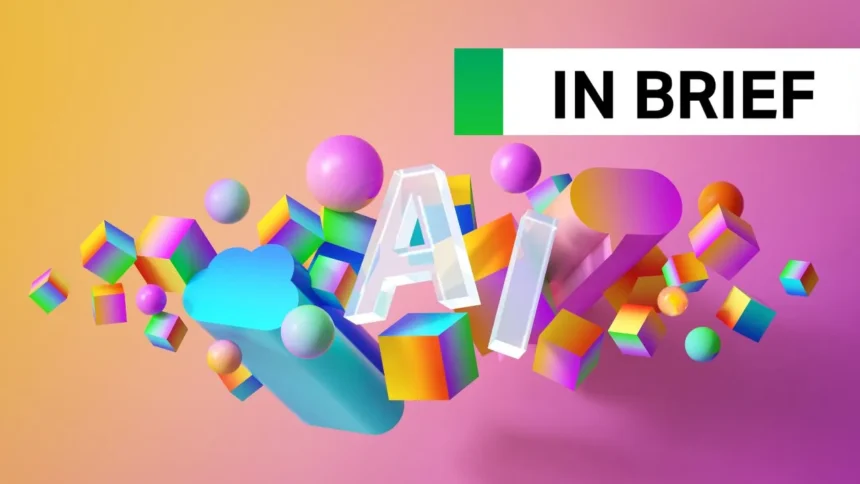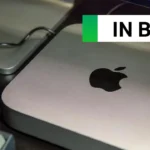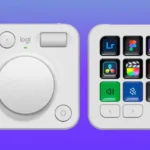Despite the incredible advancements in generative AI, esteemed science fiction writer Ted Chiang argues that it will never achieve the depth and meaning of true art.
Chiang is celebrated as one of today’s most influential science fiction authors, best known for his novella “Story of Your Life,” which was adapted into the critically acclaimed film “Arrival.” Beyond his fiction, Chiang has also penned insightful essays for The New Yorker, where he examines the potential risks and inherent limitations of AI.
In his latest article, which I highly recommend reading in full, Chiang delves into the question of whether AI-generated content can ever be considered true art. His conclusion? Not likely. He argues that while large language models (LLMs) have shown remarkable capabilities, their potential remains “largely theoretical.” In practice, Chiang contends, generative AI has primarily succeeded in lowering our expectations—both of what we read and of ourselves when we write. He views it as a fundamentally dehumanizing technology that diminishes our role as creators and interpreters of meaning.
Chiang acknowledges that defining art is “notoriously hard,” but he offers a thought-provoking perspective: “Art is something that results from making a lot of choices.” These choices, he argues, are central to the creative process. Whether or not the end result is a masterpiece, the act of creation involves a deliberate and meaningful exchange between the artist and their audience.
“We are all products of what has come before us,” Chiang writes, “but it’s by living our lives in interaction with others that we bring meaning into the world.” He concludes with a powerful assertion: “That is something an auto-complete algorithm can never do, and don’t let anyone tell you otherwise.”
In a world increasingly influenced by AI, Chiang’s perspective is a crucial reminder of what it means to be truly human—and why the essence of art may always lie beyond the reach of machines.










